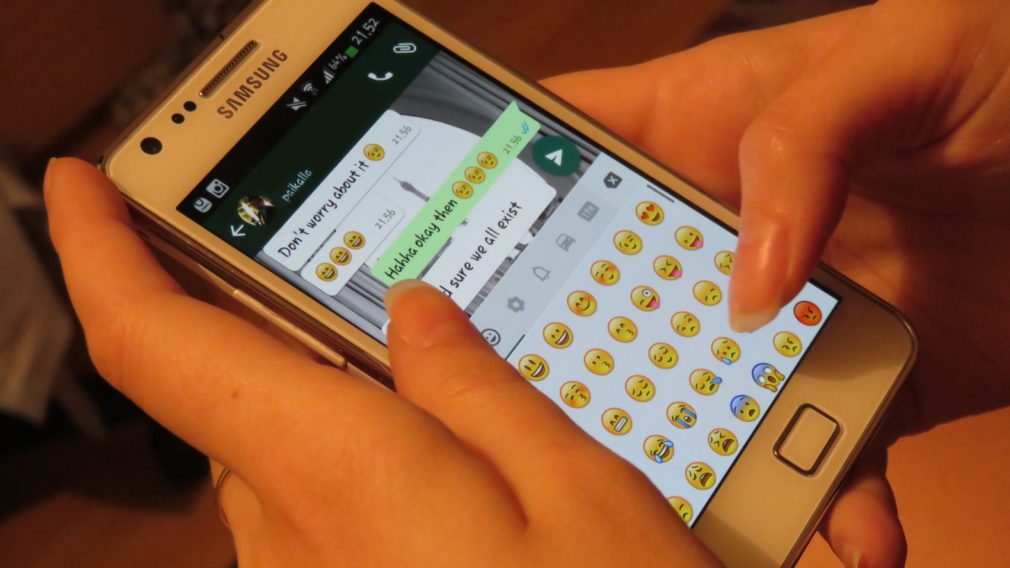WhatsApp has now become an integral part of our lives, simplifying communication with those presently not amongst from us. The Facebook-owned messaging giant is used by users from different age groups, that too for varied use cases. Teenagers count as most notable users of the messaging service and a recent study has found that they’re able to better converse with their peers and express themselves on WhatsApp groups.
Speaking about her research with a local Israeli news website called nocamels, Dr. Kizel said that WhatsApp was described by most participants of the study as:
A place where there is respect for language and where all those involved share common terms and signs. The group chats are based on trust among the members of the group, and this enhances the possibility to be in contact.
This research study has been conducted by Arie Kizel from the University of Haifa in Israel. It involved two groups of eight youths, including an equal number of boys and girls. Both of these groups were included in two different age group test subjects, namely 16 to 17 and 14 to 15. These young individuals acted as a philosophical inquiry group, where those involved sit in a circle and engage in analysis of their texts — all anonymous.
One of the participants described WhatsApp groups as a safe haven for communication with their classmates. The conclusion of the study is that classmates are able to develop more up close and personal relationships on online text rather than in a personal setting such as the school (or specifically, the classroom). They believe it provides them with a sense of freedom, something they can only enjoy on such messaging apps.
On WhatsApp, I usually feel that I am not being judged, particularly because there isn’t any eye contact or physical contact, only words and signs. So I feel more intimacy and security. I expose myself more, but it isn’t embarrassing, maybe because I don’t see people’s physical reactions.
In addition, another participant in the research study called the classroom as a walled garden that’s too formal and not everybody just walks up to anyone and starts conversing. In the WhatsApp group, where anyone from the classroom can be added, can talk to everyone else. The messaging app breaks down these walls we put up between us in class. The WhatsApp group is like a class team-building day and helps make the same a single, homogenous group.
What is your opinion about this research study? Does using WhatsApp on the regular make it easier to connect and build a more cohesive relationship? Comment your thoughts down below.
The Tech Portal is published by Blue Box Media Private Limited. Our investors have no influence over our reporting. Read our full Ownership and Funding Disclosure →






